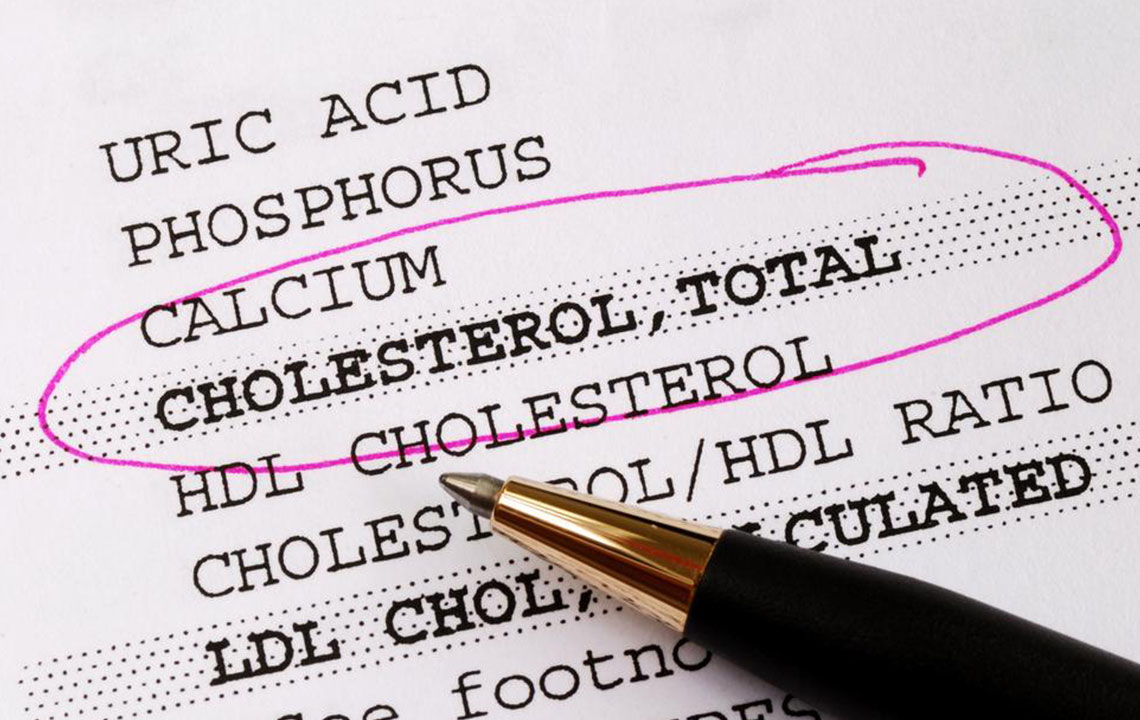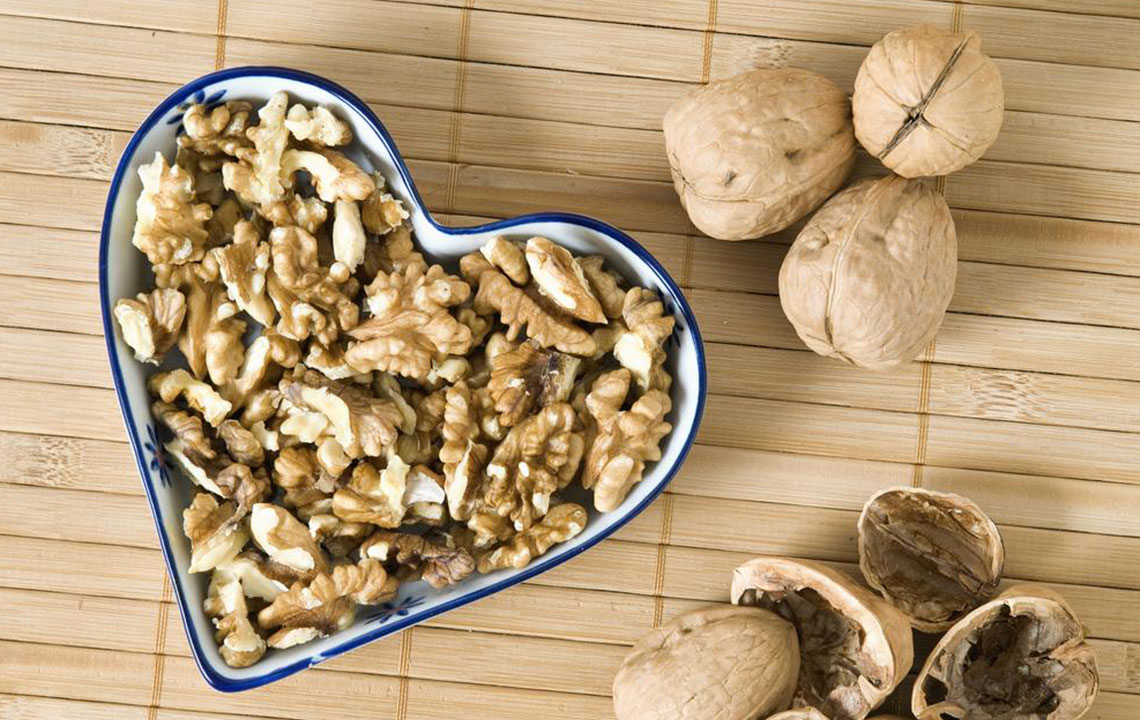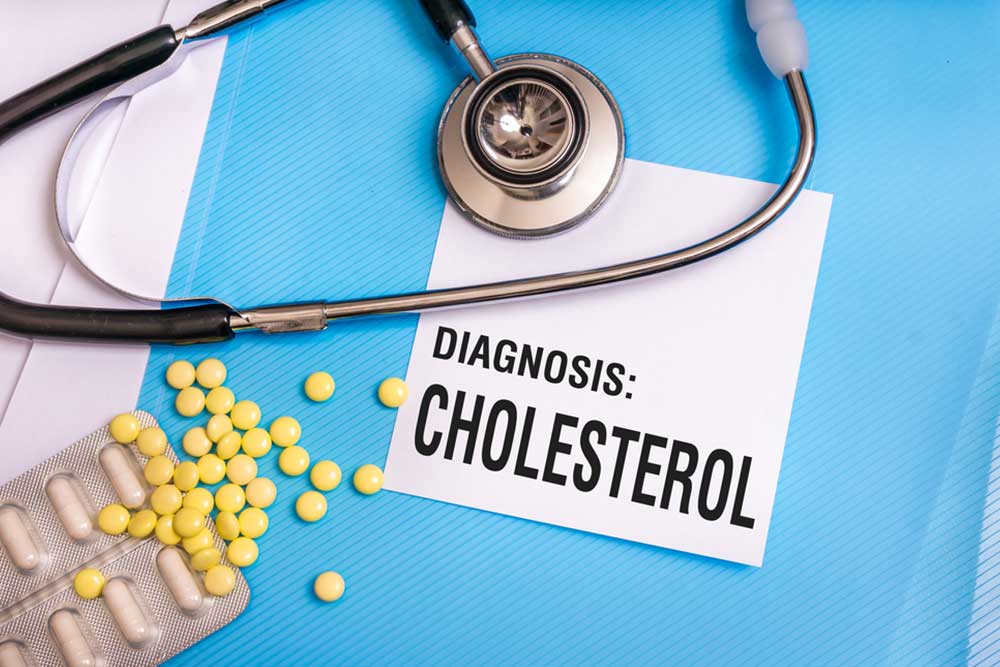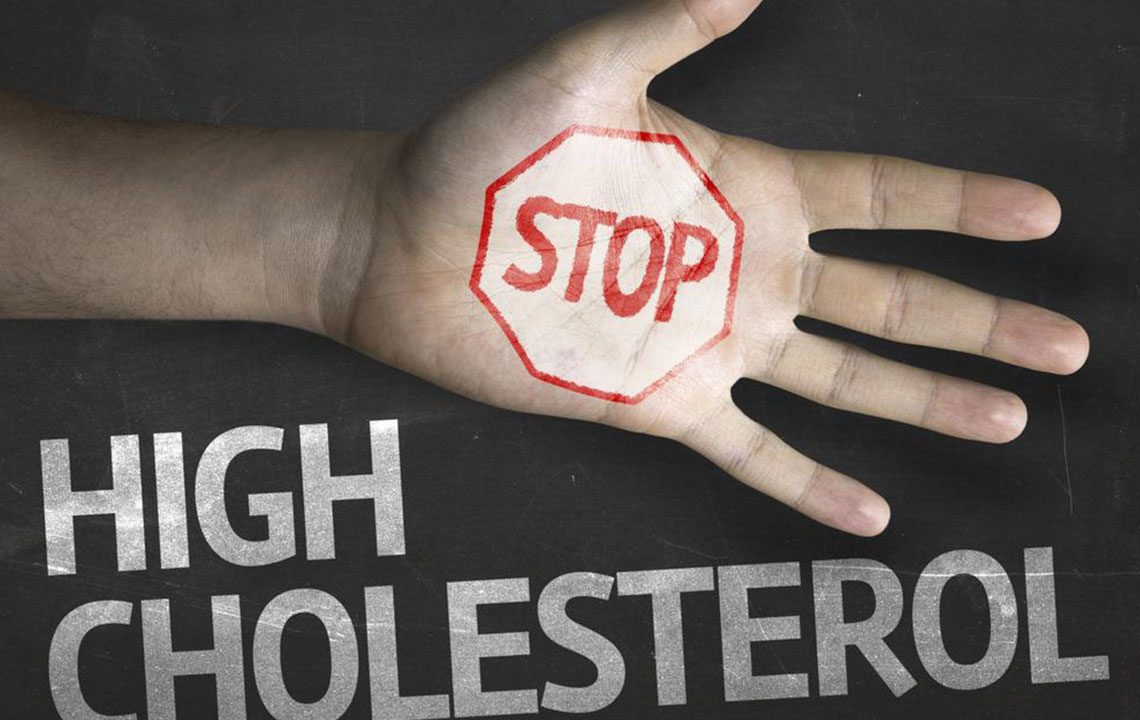Comprehensive Approaches to Managing Cholesterol for Improved Cardiovascular Wellbeing
Effective cholesterol management is crucial for heart health. This article offers comprehensive strategies, including dietary changes, lifestyle modifications, and regular monitoring, to help maintain healthy cholesterol levels. Learn how to boost HDL, lower LDL, and reduce cardiovascular risks through proven methods and healthy habits, ensuring a stronger, healthier heart for the future.

Comprehensive Approaches to Managing Cholesterol for Improved Cardiovascular Wellbeing
Maintaining healthy cholesterol levels is vital for reducing the risk of cardiovascular diseases such as heart attacks and strokes. Cholesterol, a waxy fat-like substance, plays essential roles in the body, but imbalances can be dangerous. The human body naturally produces approximately 75% of its cholesterol through the liver, while dietary intake accounts for the remaining 25%. Understanding how to manage both sources effectively can significantly improve overall heart health and prevent life-threatening conditions. This detailed guide explores strategies for boosting good cholesterol (HDL) and lowering bad cholesterol (LDL), emphasizing lifestyle modifications, dietary choices, and regular monitoring.
Understanding Cholesterol and Its Impact on Heart Health
Cholesterol is critical for building cell membranes, producing hormones, and synthesizing vitamin D. However, when lipid levels become unbalanced, excess LDL cholesterol can accumulate on arterial walls, forming plaque that narrows arteries and undermines cardiovascular health. Conversely, HDL cholesterol helps remove excess LDL by transporting it to the liver for excretion, acting as a protective factor against heart disease. Many individuals experience no apparent symptoms despite having high cholesterol, making regular blood tests essential for early detection and management.
Key Blood Lipid Components & Their Significance
LDL Cholesterol ('Bad' Cholesterol): Elevated levels (>100 mg/dL) contribute to plaque buildup, increasing the risk of atherosclerosis.
HDL Cholesterol ('Good' Cholesterol): Levels above 60 mg/dL are protective, facilitating the removal of LDL from arteries.
Triglycerides: High triglyceride levels are associated with increased cardiovascular risk and often accompany low HDL levels.
Guidelines for Optimal Cholesterol Levels
Experts recommend maintaining total cholesterol around 200 mg/dL. LDL cholesterol should ideally be kept below 70 mg/dL for those at high risk, such as individuals with existing heart disease or diabetes. HDL levels should be above 60 mg/dL, while triglyceride levels should be under 150 mg/dL. Regular blood testing, at least once a year or as advised by your healthcare provider, helps monitor these parameters and assess the effectiveness of your management strategies.
Dietary Strategies to Regulate Cholesterol
A balanced, heart-healthy diet plays a pivotal role in cholesterol management. Focus on incorporating nutrient-rich foods such as fresh fruits, vegetables, whole grains, lean proteins, and healthy fats. Omega-3 fatty acids found in fatty fish like salmon, mackerel, and sardines are especially beneficial for increasing HDL levels and reducing inflammation. Limit intake of saturated fats found in red meats, full-fat dairy, and processed foods, as well as trans fats present in many fried and packaged snacks. Instead, choose healthier fats like olive oil, avocado, and nuts, which promote good cholesterol levels.
Lifestyle Modifications that Promote Heart Health
Beyond diet, several lifestyle changes can dramatically improve cholesterol profiles and lower cardiovascular risk. Regular physical activity, including brisk walking, cycling, or swimming, helps increase HDL cholesterol and reduce LDL cholesterol. Engaging in at least 150 minutes of moderate exercise weekly is highly recommended. Quitting smoking is another crucial step, as tobacco use lowers HDL levels and damages blood vessels. Managing stress through relaxation techniques such as meditation, yoga, or deep breathing exercises can also influence cholesterol positively. Finally, moderating alcohol consumption—preferably limiting to no more than one drink per day for women and two for men—can help maintain healthy lipid levels.
Additional Tips for Maintaining Healthy Cholesterol Levels
Prioritize sleep, aiming for 7-8 hours of quality rest nightly, as sleep deprivation can negatively impact lipid metabolism.
Maintain a healthy weight; even modest weight loss can significantly improve LDL and HDL levels.
Use medications as prescribed when lifestyle changes alone do not suffice, under careful medical supervision.
The Importance of Regular Monitoring and Medical Guidance
Regular cholesterol screening provides insights into your lipid profile and allows healthcare providers to tailor interventions accordingly. If lifestyle modifications are insufficient, doctors may recommend medications such as statins or other lipid-lowering drugs. It’s vital to adhere strictly to prescribed treatments and attend routine check-ups to prevent progression of arterial plaque and cardiovascular complications.
Conclusion: Committing to Heart-Healthy Habits
Achieving and maintaining optimal cholesterol levels requires a comprehensive approach that combines diet, exercise, lifestyle changes, and medical oversight. By understanding your individual risk factors and actively managing your cholesterol, you can significantly reduce your chances of developing heart disease. Embark on a journey toward better heart health today by adopting sustainable habits that promote balanced cholesterol levels and overall wellbeing.





